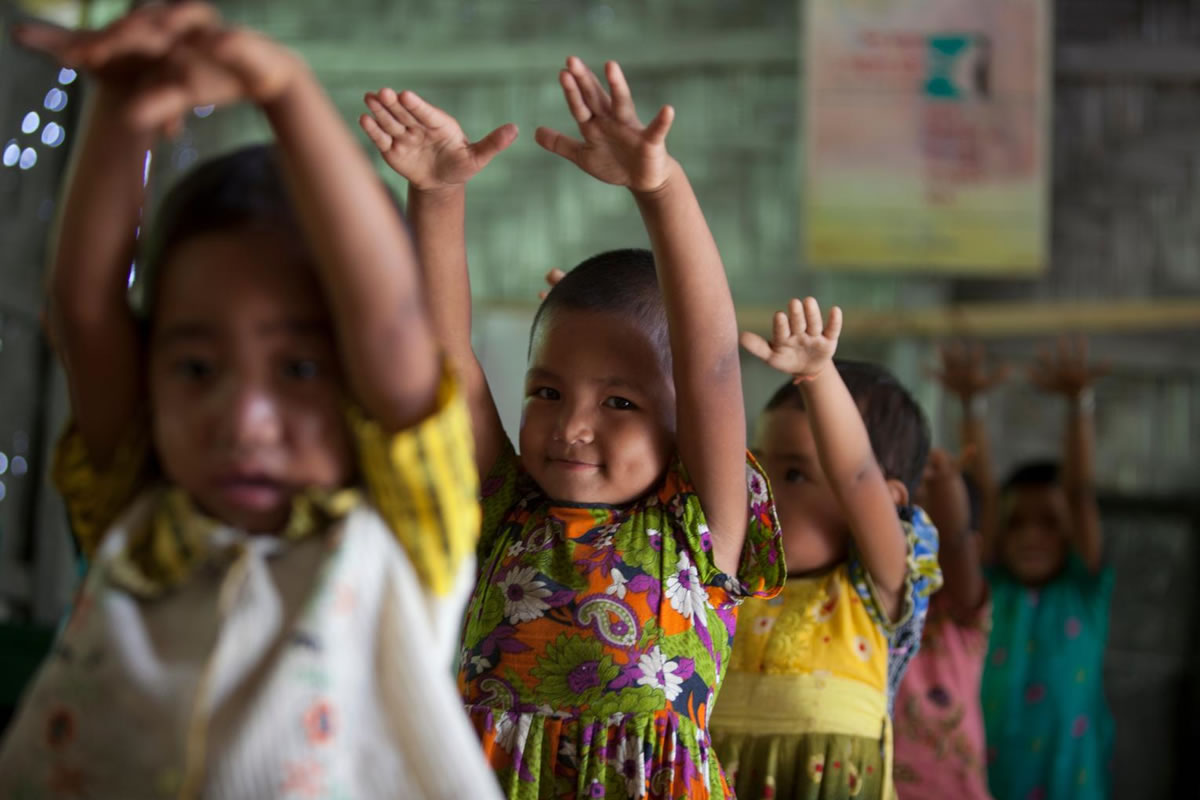South Africa ratified the African Charter on the Rights and Welfare of the Child (the Children’s Charter) in 2000. Its main obligation under this African Union treaty is to ensure that the rights of children in the country are fulfilled. As a State Party to the Charter, South Africa is also required to periodically report on the progress that is has made towards implementing the Charter. In terms of article 43(1) of the African Children’s Charter, which regulates the reporting procedure, an initial report to the African Committee of Expert on the Rights and Welfare of the Child (the Committee) is required within two years of ratifying the Charter, and thereafter every three years.
The second periodic report of South Africa was considered by the Committee during its 32nd Ordinary Session, which held on Addis Ababa from 12 – 22 November. South Africa’s report was considered on 14 November 2018.
The Centre for Human Rights, Faculty of Law, University of Pretoria (the Centre), commends the government of South Africa for complying with its reporting obligations under the Charter. In particular, the Centre notes that although there was inordinate delay in the submission of the Initial State Party report, which was submitted in 2013 (11 years late), the second periodic report was submitted in time.
The examination of South Africa’s report is an opportunity for the government to gauge its own progress and to identify priorities for the advance the rights of children in in the country. For instance, the Concluding Observations on the Initial Report considered in 2013 acknowledged both the positive steps that the government had taken, as well as the gaps that were undermining the fulfilment of the rights of children. Specifically, the Committee commended the government of South Africa for the adoption of the Children’s Act (2005) and Child Justice Act (2008); the establishment of the South African Human Rights Commission, the ratification of the United Nations Optional Protocol on the Sales of Children, Child Prostitution and Child Pornography; the United Nations Optional Protocol on the Involvement of Children in Armed Conflict; and the ILO Convention on the Worst Forms of Child Labour. However, the Committee expressed concerns with regards to the high prevalence of violence, corruption, poverty, inequality and lack of training of people working with children, among other issues.
The second periodic report was submitted in January 2017, and covers implementation over a period of three years, starting from May 2013 to May 2016. A complementary report was also submitted to the African Children’s Committee in 2017 by the Alternate Report Coalition - Child Rights South Africa (ARC – CRSA), a civil society alliance on children’s rights.
Notwithstanding the progress made by the government in realizing children’s rights since the previous reporting cycle, the Coalition’s report highlighted numerous areas of concern, which were not addressed in the state party report, and offered pertinent recommendations for the Committee to consider while engaging the State Party at the consideration of the report.
The areas of concern include child poverty; inequality; social grants of insufficient value; meagre budget allocation to education and health care sectors; increasing levels of violence in the home and in schools; the absence of an independent child rights monitoring body; discriminatory minimum age of marriage between boys and girls; minimum age for marriage and criminal capacity lower than provided by international standards; the absence of disaggregated data concerning children with disability; high rates of malnutrition and HIV/AIDS; and, increased barriers to birth registration, leading to statelessness.
These pertinent concerns suggest that despite a progressive legal and policy framework, the government is not doing enough, in practice, to realize the rights of children under its jurisdiction. Furthermore, some of the alarming issues raised by the alternative report submitted by the civil society organisations reiterate concerns expressed by the African Children’s Committee in its 2014 Concluding Observations, meaning that the government of South Africa has not sufficiently responded to the recommendations received from the Committee. This inaction undermines the potential of the state reporting process to advance the rights of children on the continent.
While recognising the efforts and commitment of the Government of South Africa to the advancement of the rights of children in the Country, the Centre calls upon the government of South Africa to give effect to the Concluding Observations of the African Children’s Committee, which will be issued following the consideration of the report.![]()


